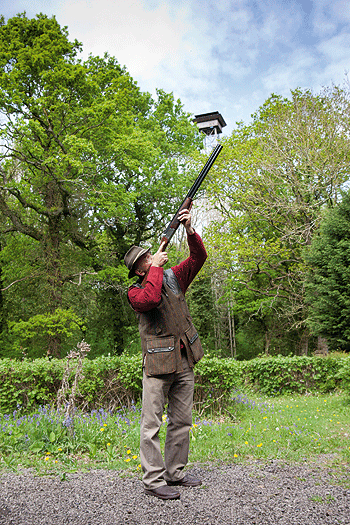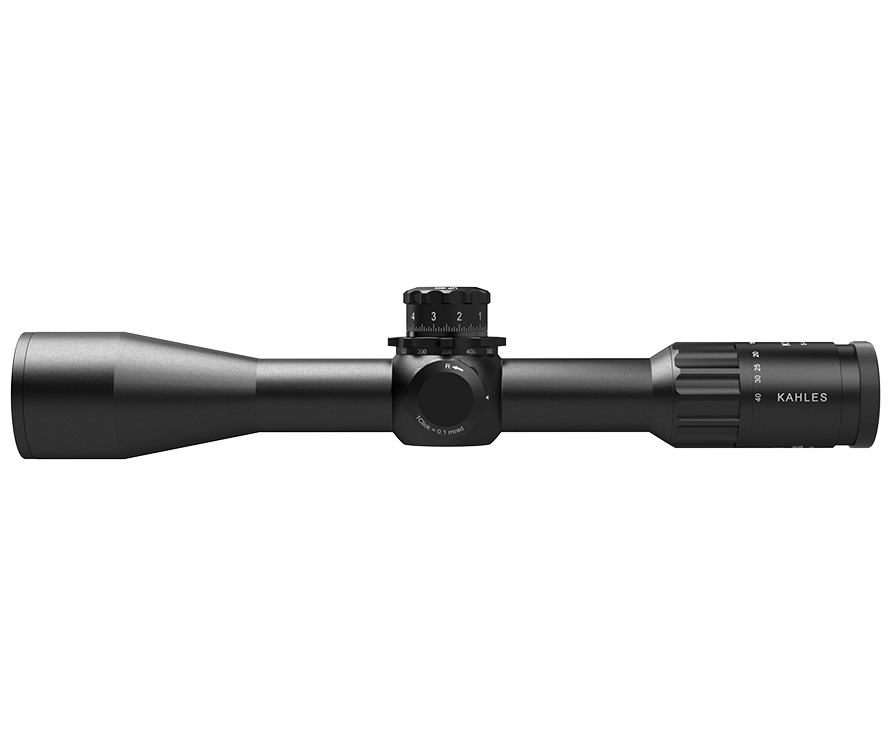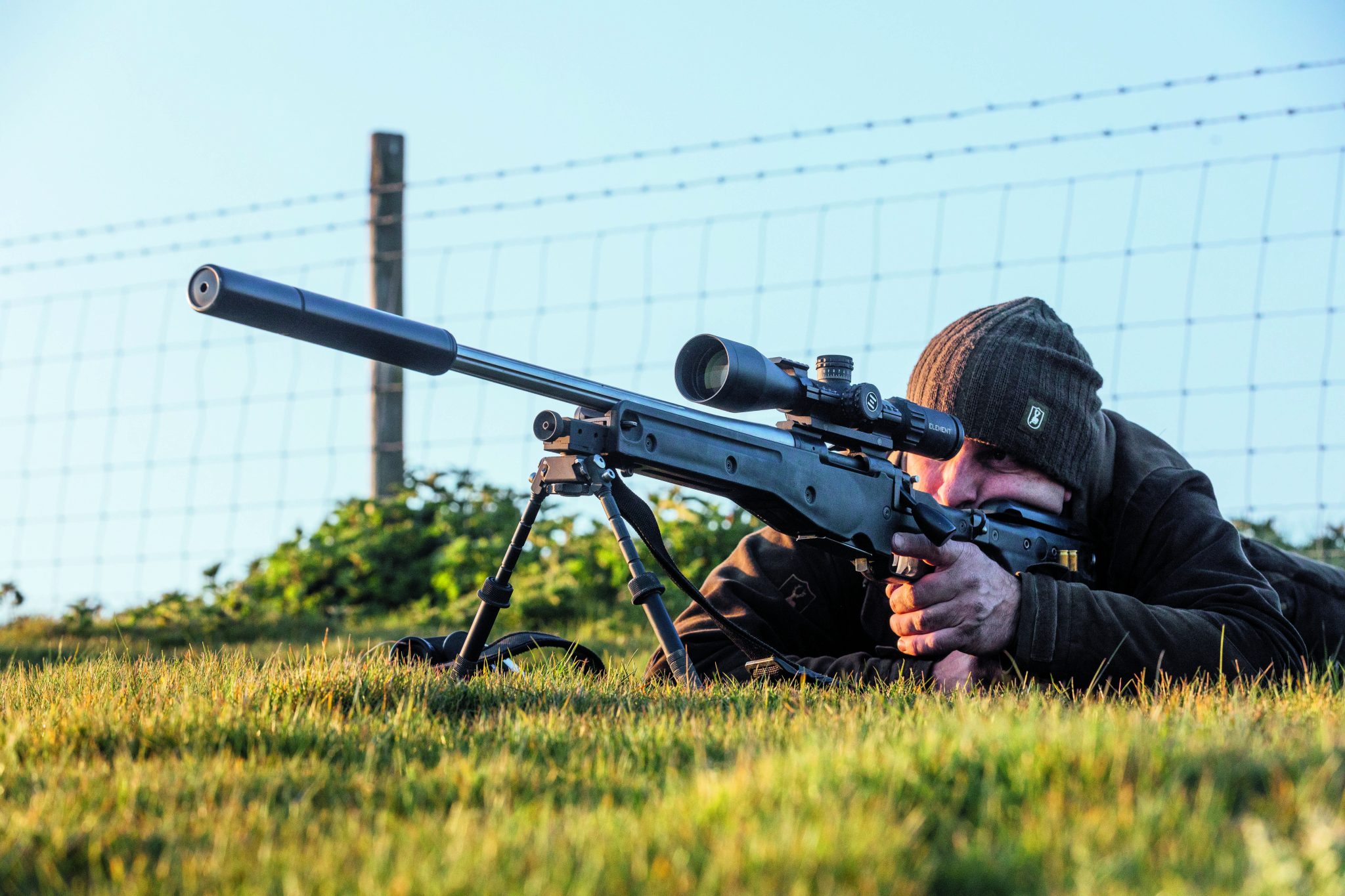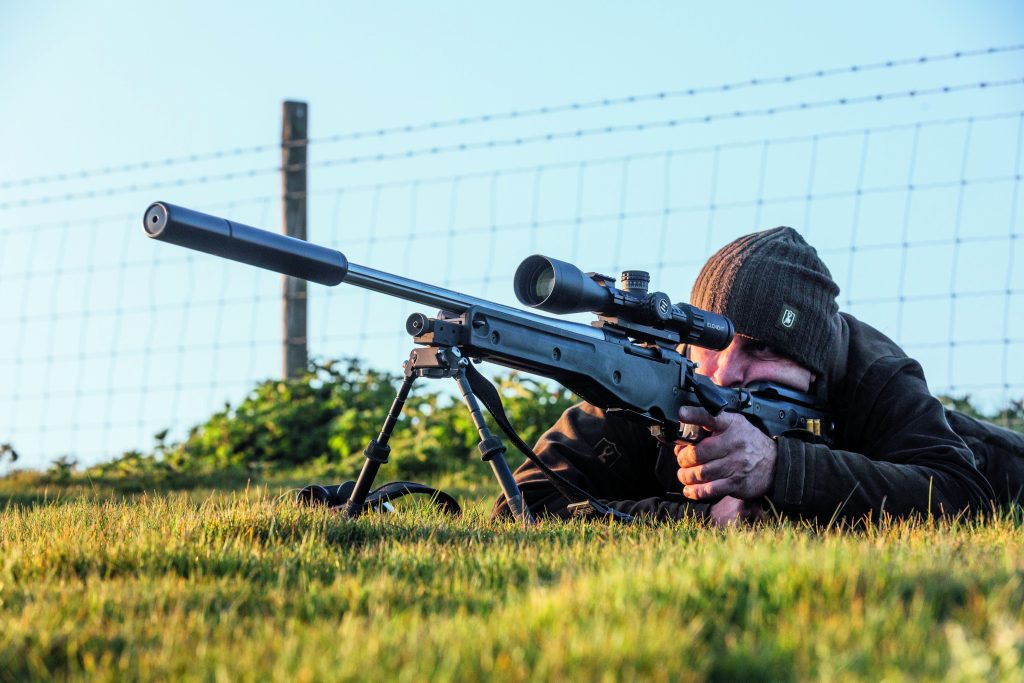News
The lateness of licensing
<strong>Will a new police chief shake up the system</strong>
Would you like to speak to our readers? We offer sponsored articles and advertising to put you in front of our audience. Find out more.
n 2011, more than 13,286 firearms and shotgun certificates were not renewed on time, often leaving the holders in unlawful possession of their guns ? sometimes for months. You might think this a shocking figure, but it covers just seven police forces. Most of the remaining 44 either didn?t have the data or refused to disclose it, despite many having a backlog. Goodness knows what the real figure is ? the police certainly don?t. In fact, until they read this they probably don?t even know as much as I?ve discovered.
What?s more worrying is that they don?t seem to care. Responsibility for licensing lies with 51 individual chief officers, who guard their independence jealously. The Association of Chief Police Officers (ACPO) has a Firearms and Explosives Licensing Working Group (FELWG), which is supposed to promote best practice and act as a forum for the exchange of ideas and information. How well does it work?
ACPO does not see licensing as a core activity. Indeed, it?s no more than a bureaucratic exercise designed to ensure that law-abiding citizens who meet certain criteria get issued with a certificate. It?s in everyone?s interest ? police, users and the general public ? that it be done fairly, effectively and efficiently.
You?d have thought ACPO would be keen to interact with the users of the licensing service to find out how well it works and whether it could be improved. Not a bit of it. FELWG is mainly made up of police employees, with a few civil servants. There is no direct representation of any shooting organisation, and what representation there is comes at arm?s length via a practitioners? group that is chaired by a member of FELWG, who represents the group at meetings. The practitioners? group represents a range of shooting interests, but not all. The National Gamekeepers Organisation, the third-largest live quarry shooting organisation, is not a member, though some much smaller organisations are.
FELWG makes no co-ordinated attempt to measure how the system is working. For example, when the practitioners raised concerns about turn-around times in October 2011, they were told to take the matter up with the forces involved. Of course, the only reason the practitioners had raised the matter in the first place was because they?d got no joy from the inefficient forces. Nowhere in the minutes of recent meetings is there any suggestion of a ?How well are we doing?? culture. Given that over the years there have been numerous complaints about the performance of licensing departments, this is a serious shortcoming.
According to FELWG, the main objectives of firearms licensing are: the need to protect the public from avoidable harm; to support the administration of a system that is efficient and effective; and to provide an excellent service to those individuals who want to use firearms for lawful purposes. That sounds like it comes straight from a manual of modern managementspeak. What we need is a system that is fair, effective and efficient.
?Fair? means you will get the same treatment irrespective of where you live ? at present it?s a postcode lottery and far from being fair. ?Effective? means the good guys get the certificates; the bad guys don?t ? the present system usually achieves that. ?Efficient? means it doesn?t take forever or cost a fortune ? some forces turn renewals round in less than two weeks; others require three months (and cash your cheque at the outset). Some simply can?t cope and leave certificate holders in unlawful possession of their guns for weeks on end.
Overall, the service being provided is pretty lousy, or ?not fit for purpose? in managementspeak. It would be nice to see FELWG doing something about it. Unfortunately, when you look at the group?s members, you can see one reason why they don?t: the list of attendees contains several who come from poorly performing forces, including those who flout the law by permitting certificate holders to keep their guns if their certificate is not renewed on time. Such people are not likely to want to see their own shortcomings exposed; nor are they in a position to advise others on how to do things better. No wonder FELWG lacks the will or the ability to turn the ship round.
FELWG is also rather secretive. It posts its minutes online (and I hope will continue to do so after this article), but is reticent about disclosing the advice it gives to chief officers. Service users would be better able to complain if they could point to differences between what FELWG advises and what their force is achieving.
Running a good operation simply requires good management at all levels,
from the chief offi cer downwards. I visited North Yorkshire Police earlier this year and was impressed by their customer-orientated attitude. A weekly report enables the manager to keep close tabs on the progress of applications. In one instance, a gamekeeper who needed to replace a broken gun at short notice had his one-for-one variation done while he waited in the office.
West Mercia Police, which was terrible in 2011, has had a root-and-branch reform, including several meetings with a user group, and now turns shotgun renewals round in nine days. They will be at the Midland Game Fair, doing some grants and variations on the spot. That?s a standard few others achieve, but it shows what can be done when senior management puts its weight behind changing the culture.
Every cloud has a silver lining, and in this case it may be the appointment of Tom Winsor as the new chief inspector of constabulary. This fiercely independent Scottish lawyer has a good track record of shaking up complacent organisations. Maybe he could make a start by taking a look at the way firearms licensing is being carried out. A predecessor in 1993 found there were numerous shortcomings, most of which still exist today.
Related articles
News
Anti-grouse shooting petition crushed by MPs who don't even shoot
Wild Justice's petition to ban driven grouse shooting was quashed in Westminster Hall yesterday, with all but one MP opposing the ban
By Time Well Spent
News
A sound decision as moderators to be taken off licences
The Government has finally confirmed what the shooting community has long argued – that sound moderators should be removed from firearms licensing controls
By Time Well Spent
Manage Consent
To provide the best experiences, we use technologies like cookies to store and/or access device information. Consenting to these technologies will allow us to process data such as browsing behavior or unique IDs on this site. Not consenting or withdrawing consent, may adversely affect certain features and functions.
Functional Always active
The technical storage or access is strictly necessary for the legitimate purpose of enabling the use of a specific service explicitly requested by the subscriber or user, or for the sole purpose of carrying out the transmission of a communication over an electronic communications network.
Preferences
The technical storage or access is necessary for the legitimate purpose of storing preferences that are not requested by the subscriber or user.
Statistics
The technical storage or access that is used exclusively for statistical purposes.
The technical storage or access that is used exclusively for anonymous statistical purposes. Without a subpoena, voluntary compliance on the part of your Internet Service Provider, or additional records from a third party, information stored or retrieved for this purpose alone cannot usually be used to identify you.
Marketing
The technical storage or access is required to create user profiles to send advertising, or to track the user on a website or across several websites for similar marketing purposes.





